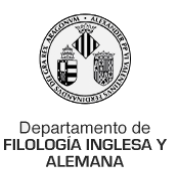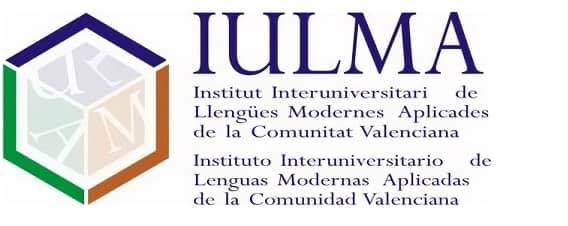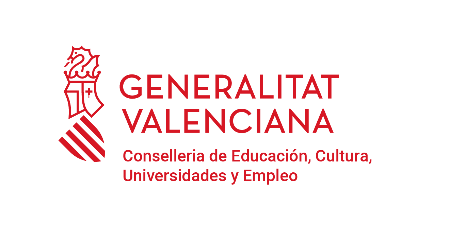Keynote speakers
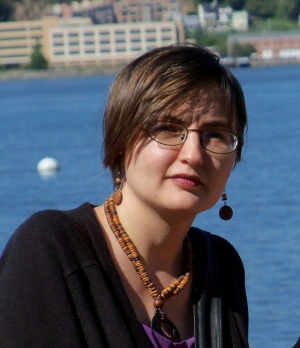
Dr. Smaranda Muresan (Barnard College, Columbia University)
Keynote speaker bio:
Smaranda Muresan is an Associate Professor of Computer Science and the Associate Chair of the Department of Computer Science at Barnard College, Columbia University. Before joining Barnard in 2024, she was a Research Scientist at the Data Science Institute at Columbia University. Prior to that she was a faculty in the School of Communication and Information at Rutgers University, where she co-founded the Laboratory for the Study of Applied Language Technologies and Society. While at Rutgers, she received a Distinguished Achievements in Research Award. She obtained her PhD in Computer Science from Columbia University. Her research focuses on human-centric Natural Language Processing (NLP) for social good and responsible computing. She develops theory-guided and knowledge-aware computational models for understanding and generating language in context (e.g., visual, social, multilingual, multicultural) with applications to creativity support, education and public health. Research topics that she worked on over the years include: argument mining and generation, figurative language understanding and generation (e.g., sarcasm, metaphor, idioms), and language and vision. Recently, her research interests include explainable models and human-AI collaboration frameworks. She received best paper awards at SIGDIAL 2017 and ACL 2018. She served as a board member for the North American Chapter of the Association for Computational Linguistics (NAACL) 2020-2021, as a co-founder and co-chair of the New York Academy of Sciences’ Annual Symposium on NLP/Dialog/Speech (2019-2020) and as a Program Co-Chair of SIGDIAL 2020 and ACL 2022.
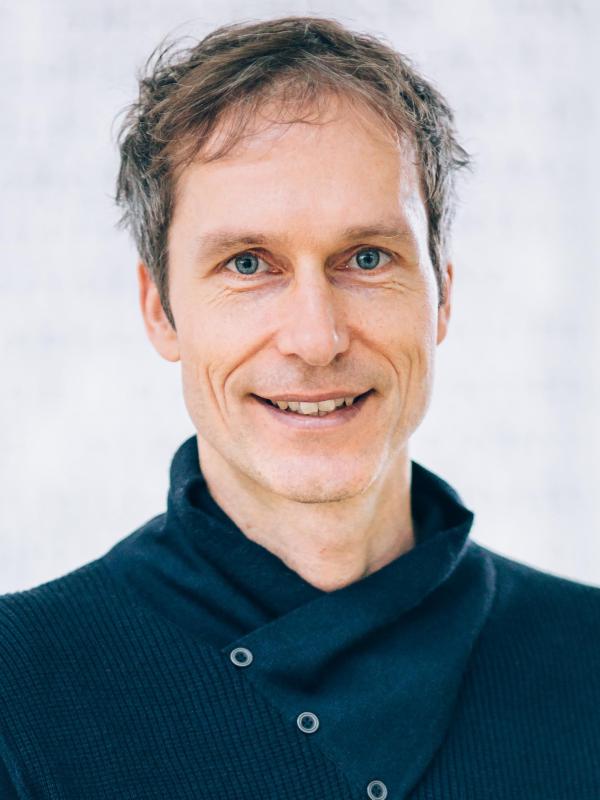
Dr. Alexander Onysko (University of Klagenfurt)
Keynote speaker bio:
Alexander Onysko is Professor of English Linguistics at the University of Klagenfurt, Austria. His main research interests and publications are in the areas of World Englishes, Language Contact, and Bi/Multilingualism. He often approaches these fields through a cognitive linguistic lens and has applied conceptual metaphor research to investigating bilingual creativity, the learning of idioms, the nexus of language and culture in Aotearoa/New Zealand and political/ideological discourse. Together with Egon Stemle, he has also contributed to research on automatic metaphor detection. His publications cover a broad range across these fields including Metaphor Variation in Englishes Around the World (with Marcus Callies), Figurative Processes in Meaning Interpretation, Cognitive Perspectives on Word Formation (with Sascha Michel), Cognitive Models of Language Contact, and Cultural Metaphors of Personification in Aotearoa/NZ (with Marta Degani). He is the editor of the book series Bloomsbury Advances in World Englishes.
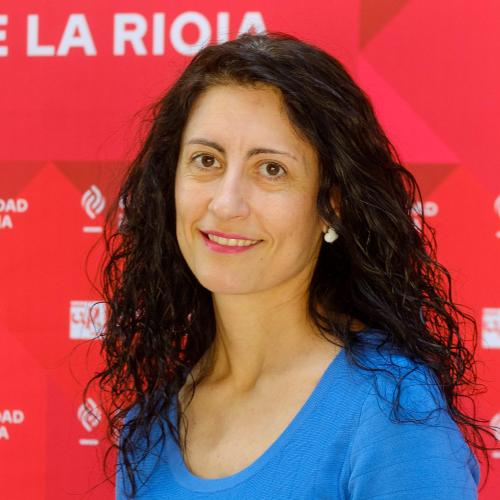
Dr. Sandra Peña Cervel (University of La Rioja)
Keynote speaker bio:
Professor of Linguistics at the University of La Rioja, Spain. She has published extensively on figurative language, argument-structure and implicational constructions, cognitive modeling, and lexicology in high-impact journals like Journal of Pragmatics, Language Sciences, Linguistics, and Metaphor and Symbol, and in collective volumes in prestigious publishing houses like John Benjamins (JB), Mouton de Gruyter (MdG), and Peter Lang. She has coedited two collective volumes in MdG and JB. She has recently coauthored the book Figuring Out Figuration (JB, 2022). She has been invited to present her research in universities and scientific events across the world (e.g., Beijing (China), Jan Długosz Univ. (Czȩstochowa, Poland), Univ. of Almería, São Luis (Brazil), Loránd Eötvös Univ. (Budapest), Autónoma Univ. of Madrid, Univ. of Valencia).
She has taken part in the organization of some major international conferences (e.g., ICLC 2003, SLE 2011). In two of them she has been the main organizer (SCOLA 2022, MKR 2025). She was appointed president of the Spanish Cognitive Linguistics Association in June 2022.
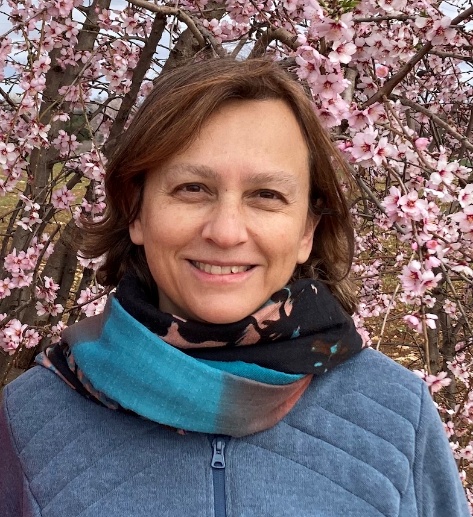
Dr. Manuela Romano Mozo (Autonomous University of Madrid)
Keynote speaker bio:
Manuela Romano is Senior Lecturer in English Linguistics at the Universidad Autónoma de Madrid. In her academic career, she has been active in several fields studying the relations between language, cognition and society, developed within different Funded Research Projects that she has coordinated since 2006 and related all to Socio-Cognitive Approaches to Language and Discourse.
One of her main areas of research is the application of Critical, Socio-Cognitive models to Metaphor Theory and Schematization. She has published work on immigration, austerity, Covid-19, new feminisms, emotions and protest discourse, among other topics, in journals such as Discourse and Society, Journal of Pragmatics, Metaphor and Symbol, Metaphor and the Social World, Language and Communication, Review of Cognitive Linguistics. She has recently edited the volume Metaphor in Socio-Political Contexts: Critical, Socio-Cognitive Approaches (Mouton, 2024) and is presently editing the volume Polarized Discourse: Language, Cognition and Social Practice (Mouton, 2026).
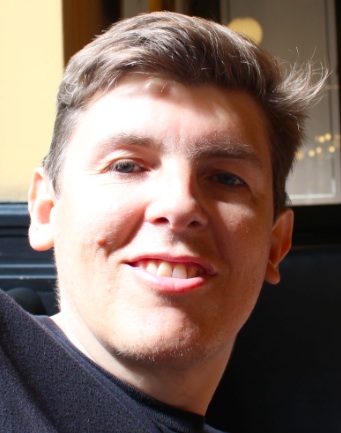
Dr. Tony Veale (University College Dublin)
Keynote speaker bio:
Tony Veale is an associate professor in the School of Computer Science at University College Dublin (UCD), where he is a researcher and teacher with broad international experience in the theory, practice and effective communication of Computational Creativity (CC). For three decades he has worked on CC-related topics in industry and academia, and in a range of international settings and institutions. He began his career at the Hitachi laboratory in Dublin, where he led their efforts on metaphor interpretation and sign-language translation. He later contributed to the CYC project in Austin, Texas, and served as chief scientist at COREIntellect in Dallas. He designed the syllabus for UCD’s joint international degree in software engineering at Fudan University, Shanghai, where he was a visiting professor from UCD for 12 years. He has also been a visiting professor at KAIST, the Korean Advanced Institute of Science & Technology (2011-2013), where he contributed to its World Class University programme, and at Finland’s University of Helsinki, where he taught CC at a graduate level. He led the European commission’s PROSECCO coordination action to Promote the Scientific Exploration of Computational Creativity, which worked to develop CC into a mature discipline, and recently served as the chair of the association for computational creativity (ACC). He has published numerous articles on machine creativity, edited several collected volumes and special issues, and is the author or co-author of multiple books in the area, from 2012’s Exploding the Creativity Myth (Bloomsbury) to 2016’s Metaphor: A computational perspective (with Ekaterina Shutova and Beata Beigman Klebanov) and 2018’s Twitterbots: Making Machines That Make Meaning (MIT Press, with Mike Cook). His most recent book, Your Wit Is My Command: Building AIs With A Sense of Humor, was published by MIT Press in 2021.
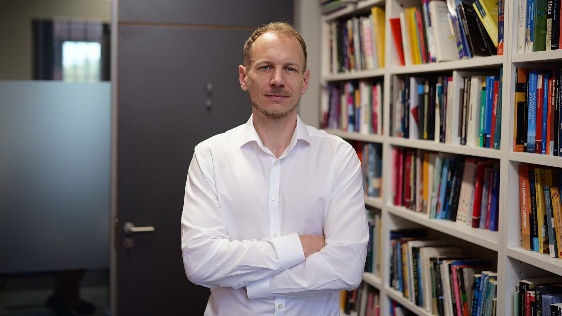
Dr. Bodo Winter (University of Birmingham)
Keynote speaker bio:
Bodo Winter is Professor of Linguistics at the University of Birmingham and UKRI Future Leaders Fellow. He received his PhD in Cognitive and Information Sciences from the University of California, Merced. His research combines experimental and corpus methods to study how people communicate sensory and numerical information using diverse semiotic means, including metaphor, gesture, and iconicity. He has published the research monograph Sensory Linguistics: Language, perception, and metaphor, and the textbook Statistics for Linguists: An Introduction Using R.
Organizers, sponsors, collaborators
